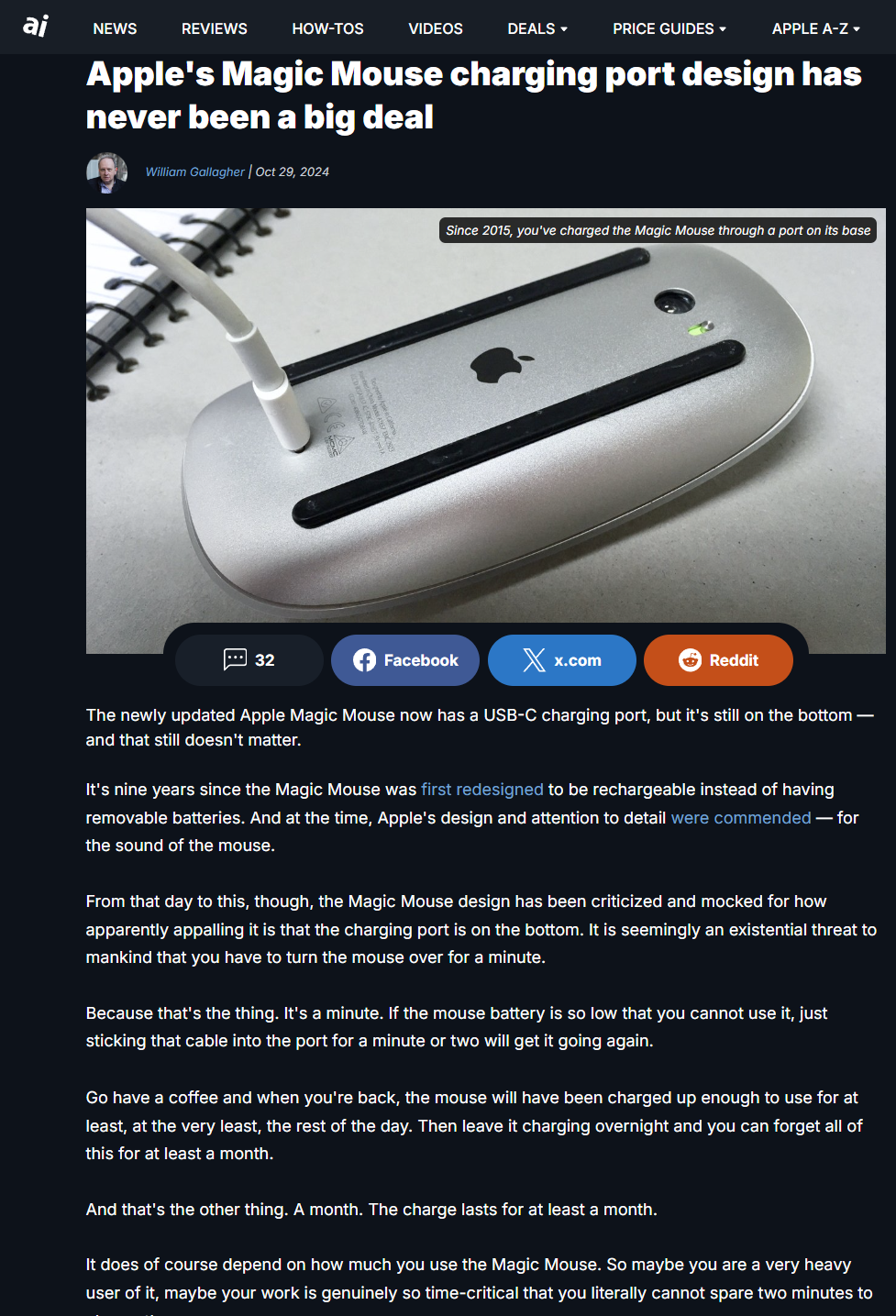South Korea is quickly becoming a powerhouse in artificial intelligence (AI) and medical technology, bringing about innovative solutions that transform healthcare. Thanks to its leadership in medical device patents and AI advancements, Korea is making significant strides globally. However, for Korean health AI innovators, the U.S. market remains a critical yet complex frontier to conquer. Below, we delve into the challenges and opportunities these innovators face as they attempt to navigate the U.S. market and establish a strong foothold.
Table of Contents
ToggleThe Technological Prowess of Korean Innovators
Korea has carved a niche for itself in the realm of medical technology, becoming a global leader in medical device patents and AI innovations. The country has witnessed rapid growth in its biopharmaceutical and medical device sectors, showcasing the potential of its health tech ecosystem. Korean startups such as Lunit and VUNO, which focus on AI-based diagnostic solutions, illustrate the capability of the nation’s innovators to make significant impacts in healthcare with groundbreaking developments.
Challenges in the U.S. Market
Despite Korea’s robust technological capabilities, health AI innovators encounter several barriers when attempting to enter the U.S. market.
Lack of Key Opinion Leader (KOL) Engagement
KOLs play an instrumental role in healthcare, influencing clinical practices and adoption of new technologies. For Korean innovators, building relationships with KOLs is essential for market growth in the U.S. However, a common challenge is limiting KOL interactions to clinical collaborations or pre-FDA approval discussions. It is crucial to integrate KOLs throughout the product lifecycle, from research and development to marketing, to leverage their feedback and expertise for a successful market entry.
Adaptation to the U.S. Market
The strategies that have proven successful in the Korean market cannot be directly transplanted to the U.S. Differences in market expectations, clinical regulations, and consumer behavior necessitate a deep understanding of the U.S. landscape. Conducting fine-tuned analyses to ensure that clinical studies and databases cater to U.S. demands is crucial. Furthermore, Korean innovators need to transition away from assumptions that domestic market positioning will automatically resonate with American consumers.
Regulatory and Marketing Hurdles
Successfully navigating the U.S. regulatory maze is a challenging task. Even after securing FDA approval, delays in marketing can stymie the momentum needed for a successful launch. To avoid such pitfalls, it is essential to align all stakeholders before obtaining regulatory clearances. Moreover, understanding the nuances of the U.S. marketing environment is imperative to craft messaging that engages and educates the intended audience effectively.
Strategies for Success
Korean health AI innovators can employ several strategies to overcome these challenges and enhance their market presence in the U.S.
Comprehensive KOL Management
Developing strong partnerships with KOLs is a step towards successful transition into the U.S. KOLs should be involved not only in the research and development phases but also in the marketing journey. Their insights can guide innovators through market entry strategies, reducing the likelihood of costly mistakes and ensuring that their products meet the expectations of U.S. healthcare professionals.
Tailoring Clinical Studies and Data
To appeal to the U.S. market, clinical studies must be meticulously tailored to reflect local demands. Building relevant databases that are competitive and provide actionable insights is equally critical. By ensuring that their research supports the specific clinical needs of U.S. healthcare providers, Korean companies can demonstrate their value proposition convincingly.
Market Adaptation and Targeting
Adapting business development and marketing strategies for the U.S. should involve identifying the right audience and potential niches. This requires in-depth market research to uncover opportunities and formulate a targeted approach that directly addresses U.S. consumer and healthcare provider needs, instead of a one-size-fits-all strategy.
Role of Professional Guidance
As Korean companies expand into the U.S., professional guidance becomes an invaluable asset. Collaborating with organizations like BDMT Global can help navigate market complexities, offering strategic insights and facilitating stakeholder engagement. Participation in international conferences, such as BIO USA, also presents opportunities for networking, showcasing technologies, and gaining exposure to potential collaborators and customers.
The challenges faced by Korean health AI innovators are significant, but not insurmountable. Through strategic adaptation, comprehensive KOL engagement, and market-based research, they can successfully penetrate the U.S. market and establish themselves as leaders in healthcare innovation. To stay updated with similar insights and trends, consider visiting my blog, [FROZEN LEAVES NEWS](https://frozenleaves.com), where we explore the forefront of technology and healthcare.
Source: Korea Biomedical Review






